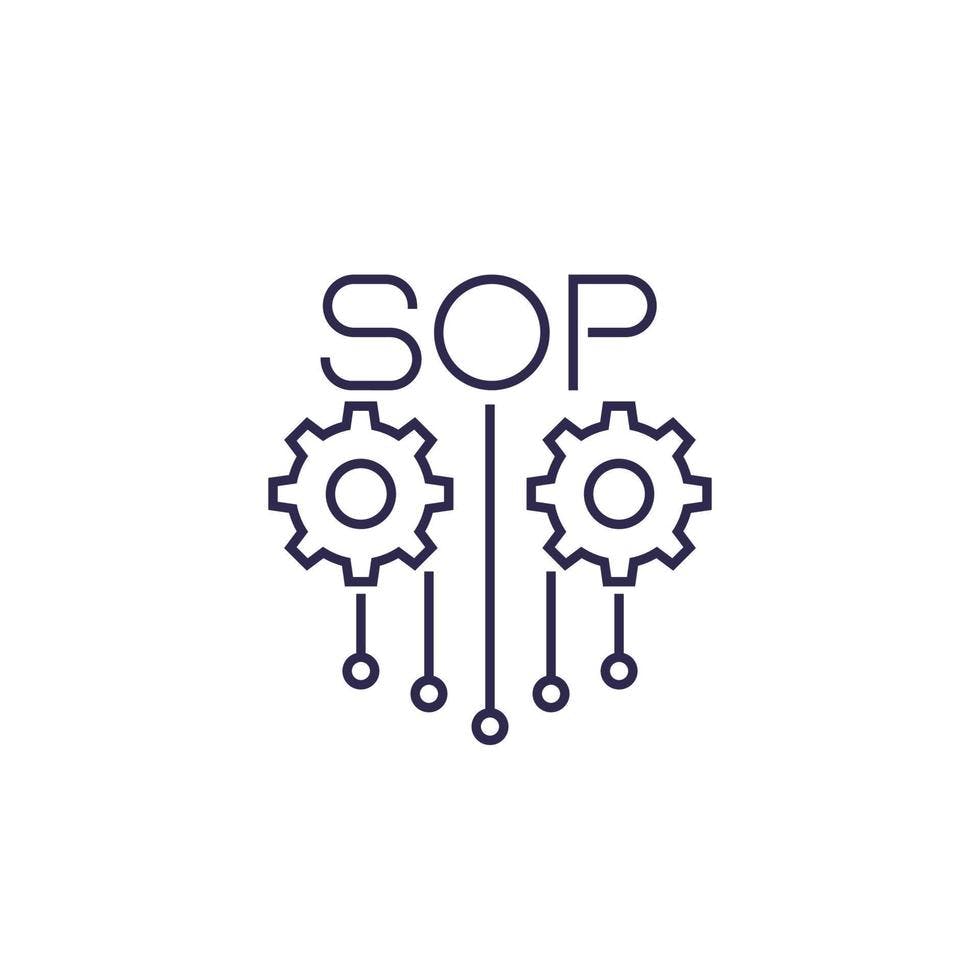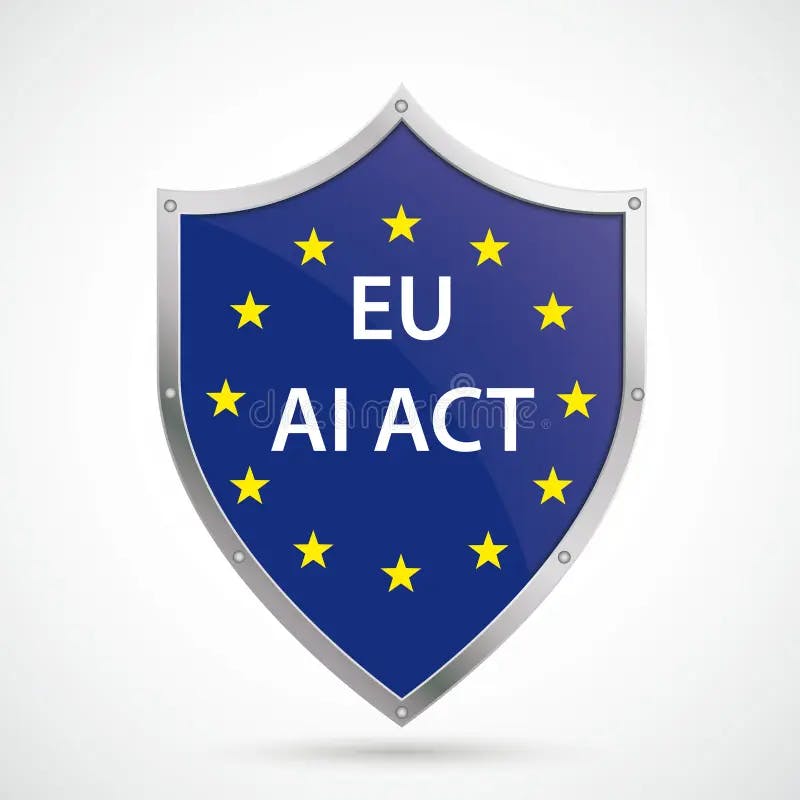GDPR Certification: Benefits of Getting Certified in GDPR Data Protection
Discover the General Data Protection Regulation (GDPR), its significance, and how GDPR certification can benefit your organization. Learn about Secure Privacy's comprehensive GDPR certification course and become an expert in data protection and compliance.
What is General Data Protection Regulation (GDPR)?
The General Data Protection Regulation (GDPR) is a regulation in EU law on data protection and privacy in the European Union (EU) and the European Economic Area (EEA). It also addresses the transfer of personal data outside the EU and EEA areas. The GDPR aims primarily to give control back to citizens and residents over their personal data and to simplify the regulatory environment for international business by unifying the regulation within the EU. It does this by replacing the data protection directive (Directive 95/46/EC) of 1995. The regulation has been in effect since May 25, 2018.
One way to demonstrate compliance with GDPR is to obtain a EU GDPR certification. A GDPR certification is a voluntary process that involves an organization undergoing an assessment by an accredited certification body to verify that they meet the requirements of the GDPR.
GDPR Certification Scheme: Demonstrate Compliance with ISO 27001
ISO 27001 is an international standard that provides a framework for information security management. It is based on the risk-based approach to information security, and it helps organizations to protect their information assets from unauthorized access, use, disclosure, disruption, modification, or destruction.
GDPR certification schemes are typically based on the ISO 27001 standard, with additional requirements to address the specific requirements of the GDPR. For example, GDPR certification schemes may require organizations to have specific policies and procedures in place for managing personal data, such as data subject access requests and data breach notifications.
Obtaining a GDPR certification is a valuable way to demonstrate to customers and other stakeholders that your organization is committed to protecting their personal data. It can also help you to avoid the costly fines and penalties that can be imposed for non-compliance with the GDPR.
What Are The Benefits to Getting GDPR Certified?
There are several benefits to obtaining a EU GDPR certification. First, it demonstrates to customers and partners that your organization is committed to data protection and privacy. Second, it can help you to avoid the heavy fines that can be imposed for non-compliance with the GDPR. Third, it can give you a competitive advantage in the marketplace.
If you are interested in obtaining a GDPR certification, Secure Privacy's course is a great option. The course is taught by experts in data protection and privacy, and it provides you with the knowledge and skills you need to achieve GDPR compliance.
Here are some other benefits of getting EGDPR certified:
- Increased trust from customers and partners. A GDPR certification shows that your organization takes data protection and privacy seriously. This can increase trust from customers and partners, and lead to more business opportunities.
- Reduced risk of data breaches. GDPR compliance measures can help to reduce the risk of data breaches. This can save your organization a lot of time and money in the long run.
- Improved reputation. A GDPR certification can help to improve your organization's reputation as a leader in data protection and privacy. This can attract new customers and partners, and make it easier to recruit top talent.
How to Get GDPR Certified with a Training Course
To get GDPR certified, you will need to undergo an assessment by an accredited certification body. The assessment process will vary depending on the certification body, but it will typically involve a review of your organization's data protection policies and procedures, as well as an audit of your systems and processes.
GDPR Certification Course with Secure Privacy: Become an Expert in Data Protection
Secure Privacy offers a GDPR certification course. The course is comprehensive and covers all aspects of the GDPR, including the rights of data subjects, data protection principles, data protection officers' responsibilities, and GDPR compliance best practices. The course also includes an exam that individuals must pass for certification.
Get GDPR certified and demonstrate your commitment to data protection and compliance. Become a GDPR expert and demonstrate your commitment to protecting customer data with Secure Privacy's GDPR certification course.

AI Governance: The Complete Enterprise Guide to Risk, Compliance, and Accountability
Your organization uses AI to screen job candidates, personalize customer experiences, and automate credit decisions. Six months ago, these were software features. In 2026, they're regulated AI systems subject to the EU AI Act's high-risk classification—requiring technical documentation, logging infrastructure, human oversight mechanisms, and formal risk assessments before deployment. Non-compliance penalties reach €35 million or 7% of global revenue.
- Legal & News
- Data Protection

Data Protection Standard Operating Procedures (SOPs): A Practical Guide
Your privacy policy is published. Your data processing register exists somewhere in a shared drive. Your legal team signed off on vendor contracts last year. And yet, when a data subject access request arrives or a breach occurs at 11pm on a Friday, nobody knows exactly what to do, who owns the process, or what evidence needs to be captured.
- Data Protection
- Privacy Governance

EU AI Act 2026: Key Compliance Requirements for Enterprises
Your organization uses AI to screen job candidates, assess credit applications, and personalize customer experiences. These weren't regulated activities six months ago. In 2026, they're high-risk AI systems subject to the European Union's most comprehensive technology regulation to date—and non-compliance could cost your company 7% of global annual revenue.
- Legal & News
- Data Protection
- GDPR
- CCPA
